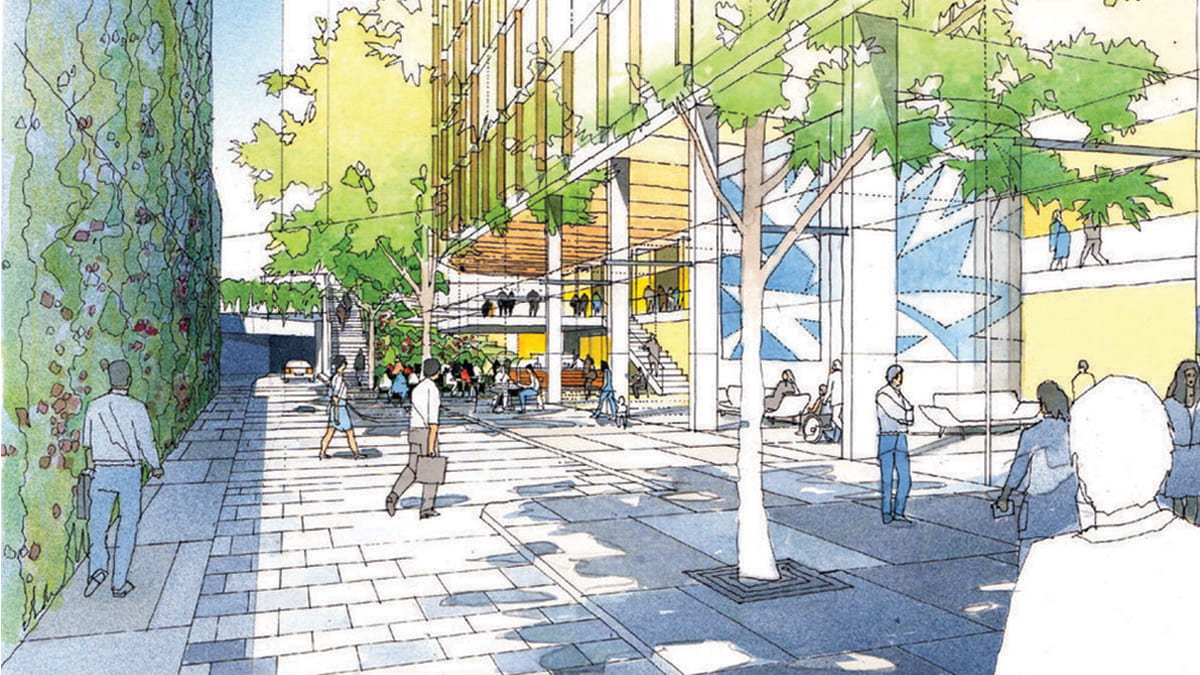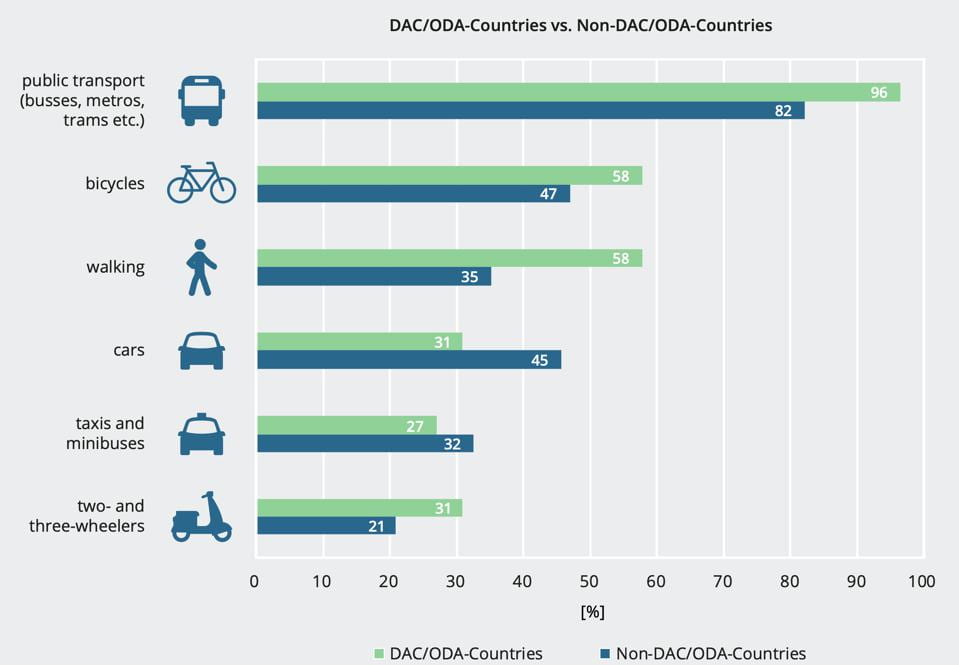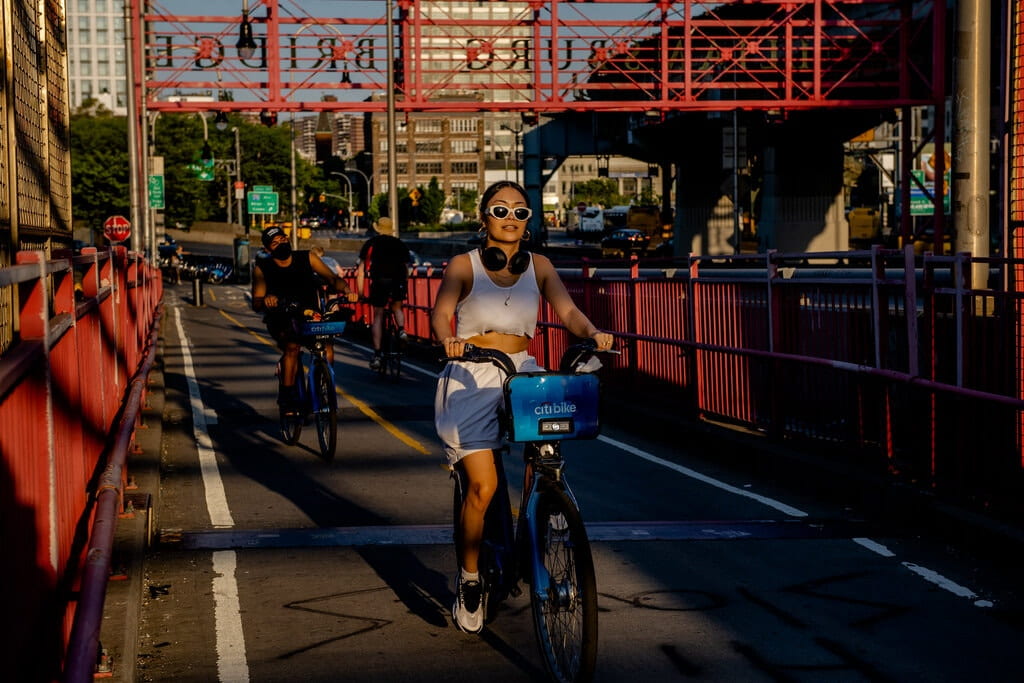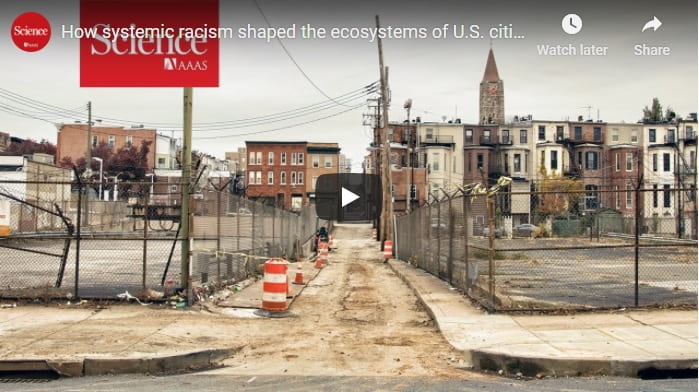Each Friday, the Wagner Planner editorial board will publish a news roundup of recent planning news. Topics range the gamut of urban planning concentrations, but will mostly be at the discretion of the editor.
Where Artificial Intelligence Meets Urban Planning
“First-year computer science doctoral student Dongjie Wang…has developed an artificial intelligence program called the Land-Use Configuration Generative Adversarial Network (LUCGAN). This program is made to learn the context of an area through human data input and then develop solutions for urban planners. It could potentially save time and money for communities involved in planning new neighborhoods.” (UCF Today)
Bicycles And Buses Will Be Future’s Dominant Modes Of Urban Mobility, Predict 346 Transport Experts
“The Transport for Under Two Degrees project published a report on October 8 arguing that governments around the world should stop subsidizing motoring and must, instead, build cycleways and wider sidewalks to anticipate the likely future of “active transport” in cities.” (Forbes)
Why Women Are Biking in Record Numbers in N.Y.C.
“In New York, there were an estimated 80 percent more cycling trips in July compared with the same month last year, with biking by women rising by 147 percent and increasing by 68 percent among men, according to data from Strava Metro, a mobility tracking application used by 68 million people globally.” (The New York Times)
VIDEO
How systemic racism shaped the ecosystems of U.S. cities
“Urban planning has transformed the ecosystems of U.S. cities, determining which communities are located next to parks—and which are next to polluting factories. Higher income neighborhoods typically reap the benefits of such planning: Study after study has shown they have a greater biodiversity of birds and tree cover. But income isn’t the only great divider. Sometimes, the racial makeup of a community is even better at predicting ecological outcomes, according to a review published in Science last month. The impact of racial segregation and housing discrimination on urban ecosystems in the United States has made these communities hotter and more vulnerable to pest species, such as rats. Scientists say incorporating justice, equity, and inclusion into conservation practices will improve public and environmental health.” Check out the full-length review here. (Science)



